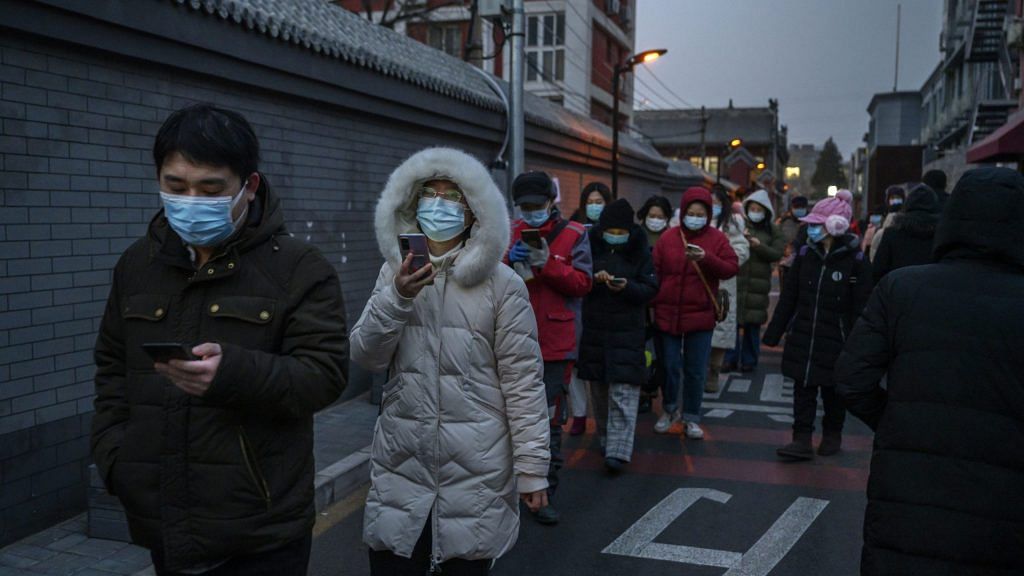London: The world will likely have a better idea about the origins of Covid-19 in a few years as scientists continue to analyze the data, according to a member of the international team of experts that traveled to China to trace the pandemic’s emergence.
Despite the shortage of clues to the virus’s roots and the political tensions around the search, the scientific process will eventually prevail, Peter Daszak, a New York-based zoologist assisting the mission, said at a webinar organized by U.K. think tank Chatham House on Wednesday.
“I’m convinced we’re going to find out fairly soon,” he said. “Within the next few years we’ll have real significant data on where this came from and how it emerged. That’s consistent with other outbreaks in the past.”
The mission, which was organized by the World Health Organization and China, spent a month reviewing data and studies and visiting sites and key figures. The team initially played down speculation that the coronavirus could have leaked from a lab and said that it’s more likely to have jumped to humans through an animal host or frozen wildlife products. WHO Director-General Tedros Adhanom Ghebreyesus later said the organization hasn’t ruled out any hypotheses.
The team of scientists is due to publish its report in coming weeks.
Ideally, a full-blown investigation would be started at the very beginning of an outbreak, though the mission has benefited in the past year as scientists gained a better understanding of the virus, said Marion Koopmans, a Dutch virologist who was also part of the team.
“It’s not a lost opportunity looking into it even a year after what we think is the start of the pandemic,” Koopmans said.-Bloomberg
Also read: ‘Voice of doctors’ or ‘den of politics’? Why some doctors swear by IMA, others don’t care
